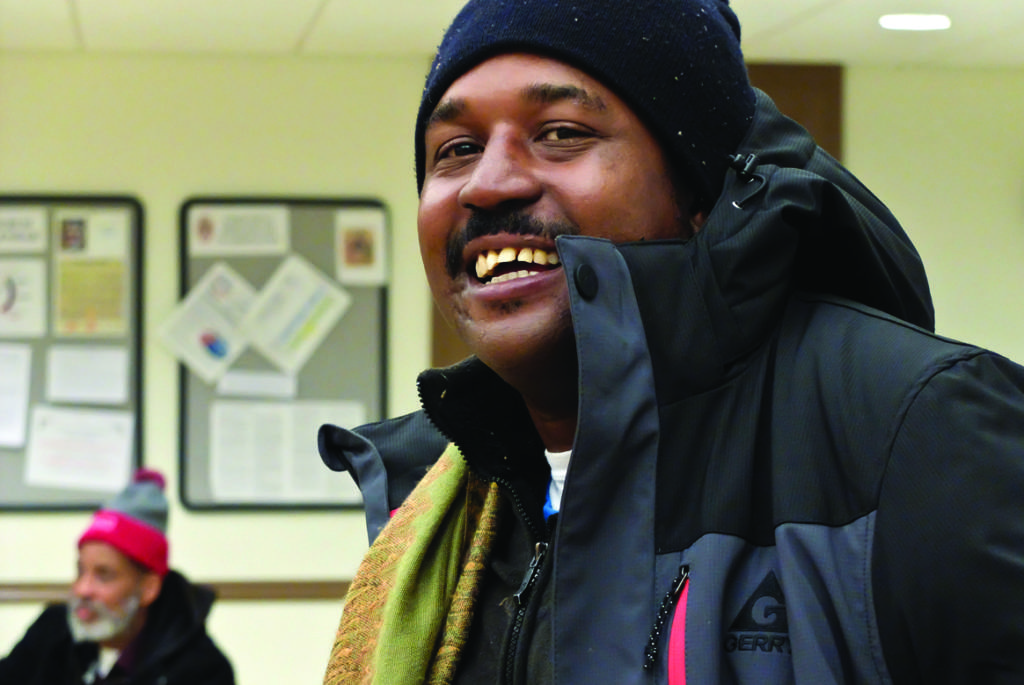This article was featured in the April 29 digital-only edition of Street Sense. Until it is safe to resume person-to-person sales, you’ll always be able to find the current digital-only edition at streetsensemedia.org/Digital Thank you for reading! Please continue to support our vendors through our mobile app (streetsensemedia.org/App).
W
e have a problem that is not a new one, but which has bloomed horrifically into a deadly aggravated pandemic, all due to the contagious free-roaming pathogen, aka COVID-19. Incarcerated persons, those convicted in jails and prisons, those in lock up waiting to request bail, others being held on bench warrants and others, we will just say, held for what we know not.
COVID-19 is contagious and it will spread, missing no one, including the employees and staff. Which brings us to the crux of the problem. Health care in D.C. Jail has, for the last 20 years, been less than stellar. This is not because of the medical contractors. It is suspected to have to do with the protocols and restrictions of the prison system. Medical staff need to have access to the proper tools to help clients and the clients need to have the medicines and other items prescribed by their doctor.
The next problem is the non-ergonomic architecture and facility design. It definitely lacks the space for social distancing.
The final problem to be mentioned, but not the only issue, is with the courts. With the pandemic, the courts are mostly closed except for emergencies. So, how do lawyers and detainees meet? Defense lawyers are very concerned about the possibility of technology erasing human contact. The nonprofit Due Process Institute is reviewing and watching these concerns.
The D.C. Courts/jail/incarceration crisis existed decades before COVID-19 appeared.
Front line D.C. Jail reform is being aggressively advocated for by ReThink Justice D.C. And they are backing Feinstein and Booker’s emergency COVID-19 bill to assist and support the prison population during this crisis.
ReThink Justice has been on the front lines for years and has compiled supporting research on why D.C. needs control and not the federal court system. Parolees do not need to be reincarcerated for nonviolent violations, for example: missing urine tests, smoking marijuana (which is legal by D.C. law) and other non-felony crimes. In 2018, nearly 10,000 people were on parole or probation in the District. And when D.C. residents return from jail or prison, they often struggle with housing and face homelessness.
The end question is: Will COVID-19 change and supersede our humanity and individual rights guaranteed by the Constitution?

Angie Whitehurst is an artist and vendor with Street Sense Media.







